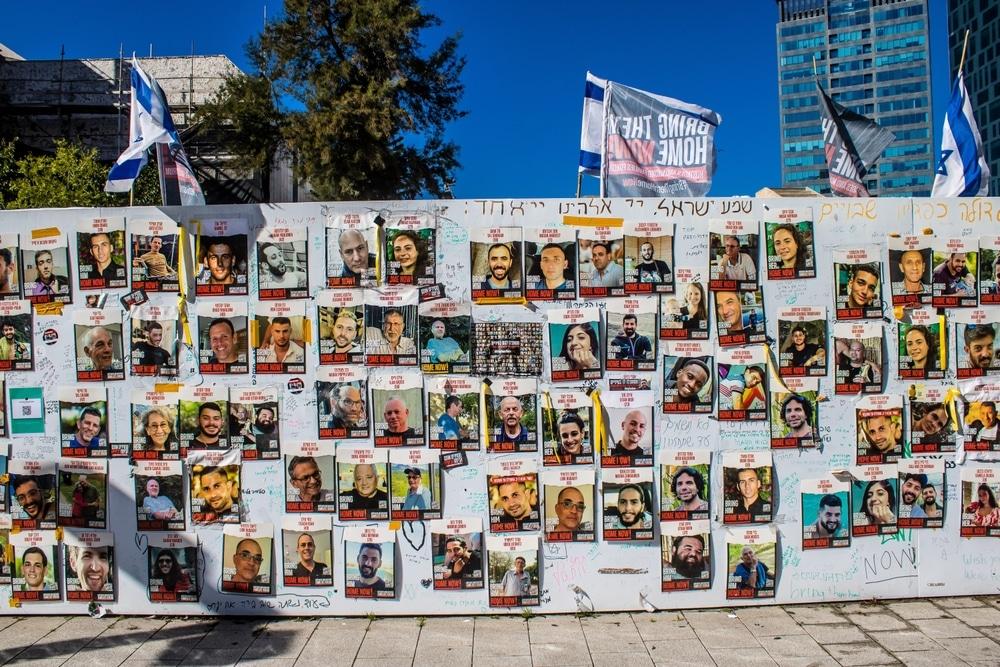In the delicate dance of diplomatic relations, words can sometimes ignite firestorms more potent than deliberate provocations. Such is the case with Italy’s president, whose recent remarks comparing Russia’s actions to those of the Third Reich have thrust Rome and Moscow into a verbal sparring match that echoes the complex geopolitical tensions of our time. As historical analogies clash with contemporary realities, this unexpected diplomatic friction reveals the razor-thin line between candid commentary and international controversy. Diplomatic tensions have escalated between Italy and Russia following controversial remarks by Italian President Sergio Mattarella, who drew parallels between contemporary Russian aggression and Nazi Germany’s historical expansionist policies. The comments, made during a public address, have triggered a sharp rebuke from Moscow and reignited discussions about the ongoing conflict in Ukraine.
Mattarella’s historical comparison highlighted the similarities between Russia’s invasion strategy and the territorial ambitions of the Third Reich, suggesting that Vladimir Putin’s military actions mirror the aggressive geopolitical tactics employed by Nazi Germany during World War II. These provocative statements have not only strained diplomatic relations but also prompted intense debate within international political circles.
Russian officials immediately condemned the remarks, characterizing them as inflammatory and historically inaccurate. The Kremlin’s response was swift and unequivocal, accusing Italian leadership of perpetuating anti-Russian rhetoric and undermining potential diplomatic solutions to the ongoing conflict.
European diplomatic channels have been carefully monitoring the exchange, with various nations expressing cautious support for Italy’s position while simultaneously attempting to prevent further escalation of tensions. The comparison to Nazi Germany remains a particularly sensitive topic in European geopolitics, given the continent’s traumatic historical experiences.
Within Italy, political reactions have been mixed. Some parliamentary representatives have rallied behind Mattarella’s statement, viewing it as a principled stance against Russian aggression, while others have called for more measured diplomatic language.
The incident underscores the complex geopolitical landscape surrounding the Russia-Ukraine conflict, where historical analogies and diplomatic communication carry significant weight. International observers are closely analyzing the potential long-term implications of such provocative statements on future diplomatic negotiations and international relations.
Diplomatic experts suggest that while historical comparisons can be powerful rhetorical tools, they also risk escalating tensions and potentially undermining constructive dialog. The delicate balance between condemning aggressive actions and maintaining diplomatic channels remains a critical challenge for global leadership.
The dispute has also reignited discussions about the role of historical memory in contemporary international relations, highlighting how references to past conflicts can significantly impact current geopolitical dynamics. As tensions continue to simmer, the international community watches closely, anticipating potential diplomatic maneuvers and resolution strategies.







